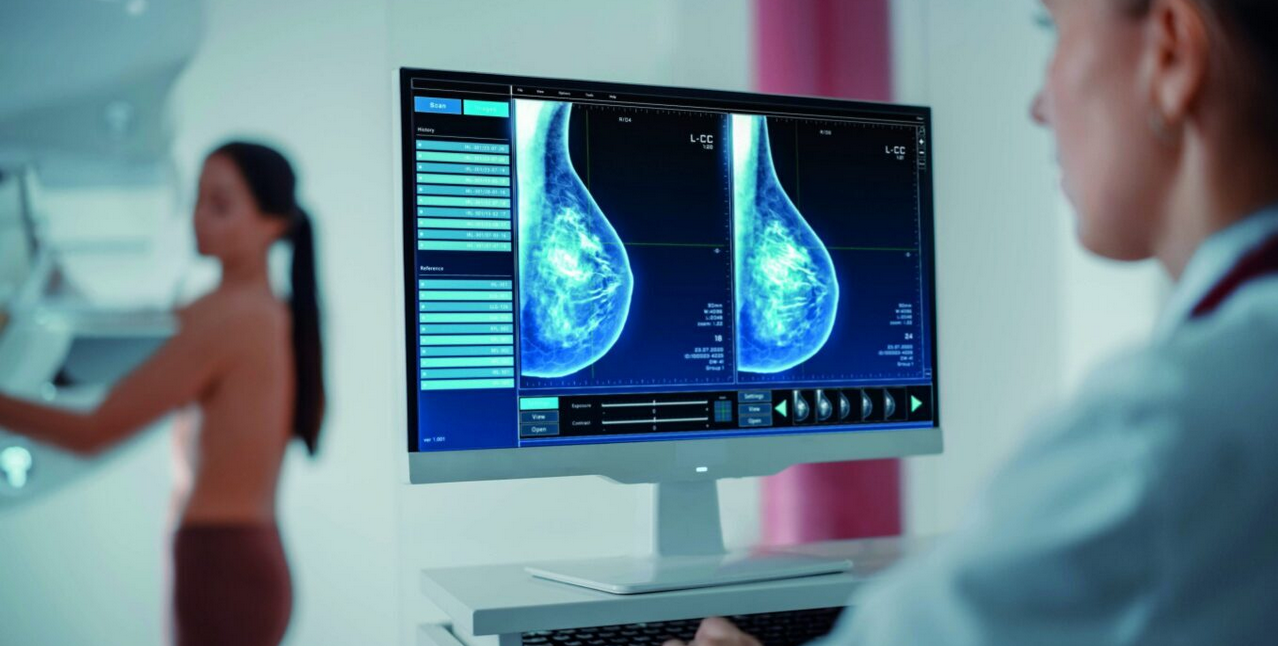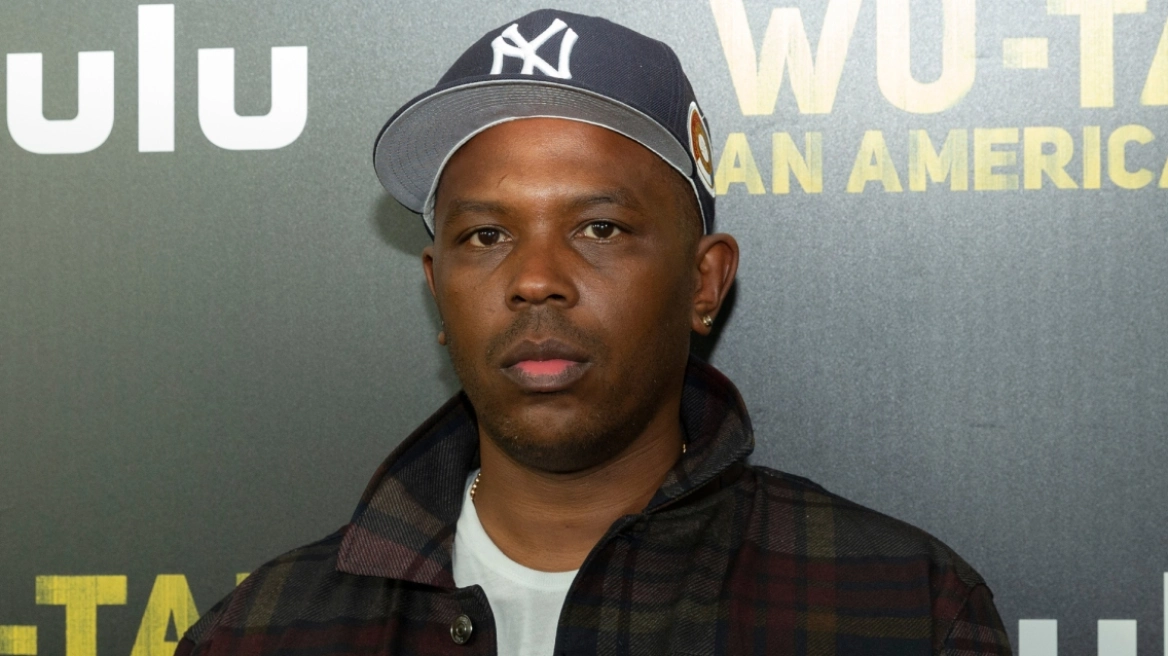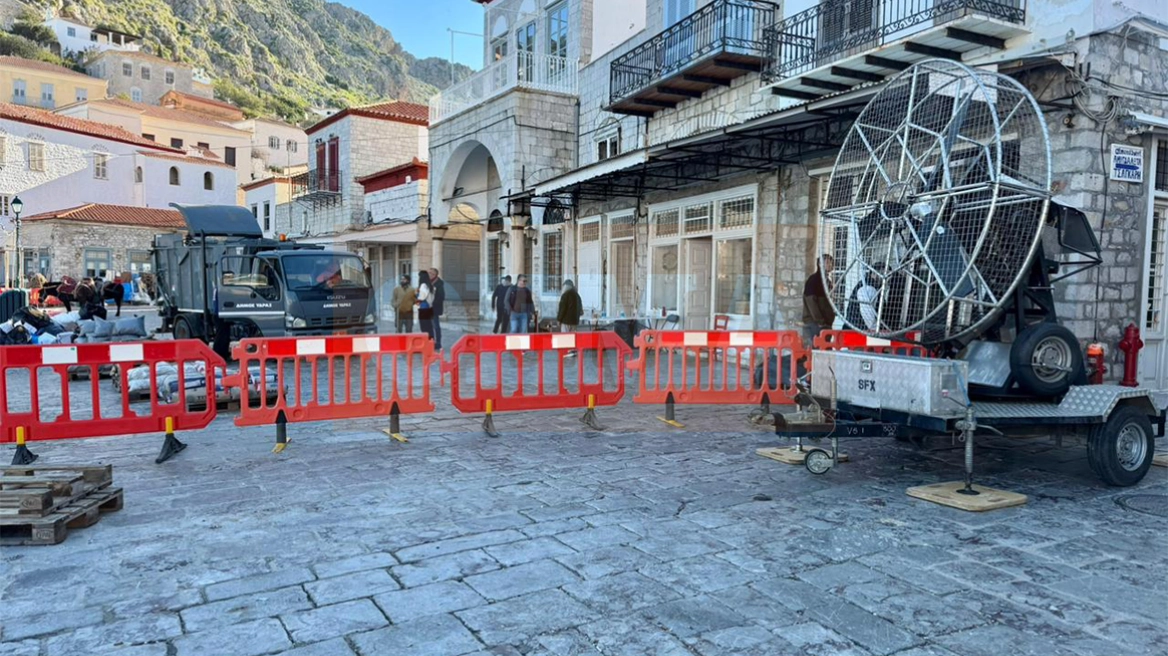An artificial intelligence tool tested by an NHS hospital foundation (the National Health Service of the UK) successfully detected microscopic signs of breast cancer in 11 women that had eluded doctors.
Specifically, as reported by the BBC, the tool, named “Mia”, was piloted alongside NHS clinical doctors and analyzed mammograms of over 10,000 women. Most of these women did not have cancer, but Mia successfully flagged all those with symptoms, as well as an additional 11 that doctors had not identified. In their early stages, cancers can be extremely small and difficult to detect. The BBC witnessed Mia in action at NHS Grampian, where it revealed masses that were practically invisible to the human eye. However, depending on their type, they can develop and spread rapidly.
Barbara was one of the 11 patients whose cancer was flagged by Mia but had not been detected in her scan when it was studied by the hospital’s radiologists. Because her 6mm tumor was detected so early, she underwent surgery but only needed five days of radiotherapy.
Patients with breast cancer tumors smaller than 15 millimeters, when discovered, have a 90% survival rate for the next five years. Barbara stated that she was pleased that her treatment was much less invasive than that of her sister and mother, who had also battled the disease in the past.
Closing Without the assistance of artificial intelligence tool, Barbara’s cancer might not have been detected until her next routine mammogram three years later, and it hadn’t shown any notable symptoms.
Because it operates directly, tools like Mia also have the capability to reduce the waiting time for results from 14 days to three, according to its scheduling company, Kheiron Medical. None of the cases involved in the trial were analyzed solely by Mia – each underwent human examination as well. Currently, two radiologists examine each individual scan, but the hope is that one of them could one day be replaced by the tool, essentially halving the workload.
Of the 10,889 women who participated in the trial, only 81 did not want the artificial intelligence tool to examine their scans, said Dr. Gerald Lip, clinical director of breast screening in northeastern Scotland and the doctor who led the project.
Artificial intelligence tools are generally quite good at identifying symptoms of a specific disease if they have been trained on enough data to recognize them. This means that the program needs to be fed with as many different anonymous images of these symptoms as possible, from as diverse a range of people as possible. Acquiring this data can be challenging due to patient privacy and confidentiality.
Diplomatic incident between Belgium and Turkey over a…dinner – What annoyed Ankara
Sarah Kerruish, head of strategy at Kheiron Medical, stated that it took six years to build and train Mia, which runs on a Microsoft cloud and was trained on “millions” of mammograms from “women worldwide.” “I think the most important thing I learned is that when you develop artificial intelligence for a healthcare situation, you have to incorporate inclusivity from day one,” she said.
Doctors dealing with breast cancer typically review about 5,000 breast scans annually and can see 100 in a single session. “There is an element of fatigue,” Dr. Lip said. “You have breaks, someone comes in, someone chats in the background. There are lots of things that can possibly take you out of your normal routine as well. And those days when you’ve missed something, you think, ‘how on earth did I miss that?’ It happens indeed,” he said.
>Related articles
He said he believes that technology could one day free him up to spend more time with patients. “I see Mia as a colleague and an enhancement of my practice,” Dr. Lip said.
However, Mia is not perfect. It had no access to any patient history, so, for example, it would flag cysts that had already been identified by previous scans and deemed harmless. Also, due to current healthcare legislation, the machine learning element of the AI tool was disabled – so it couldn’t learn during operation and evolve over time. Every time it was upgraded, it had to undergo a new review.
Dr. Julie Sharp, head of health information at Cancer Research UK, said the increasing number of cancer cases diagnosed each year means that technological innovation will be “vital” to improving NHS services and reducing staff pressure. “More research will be needed to find the best ways to use this technology to improve outcomes for cancer patients,” she added.
Ask me anything
Explore related questions





